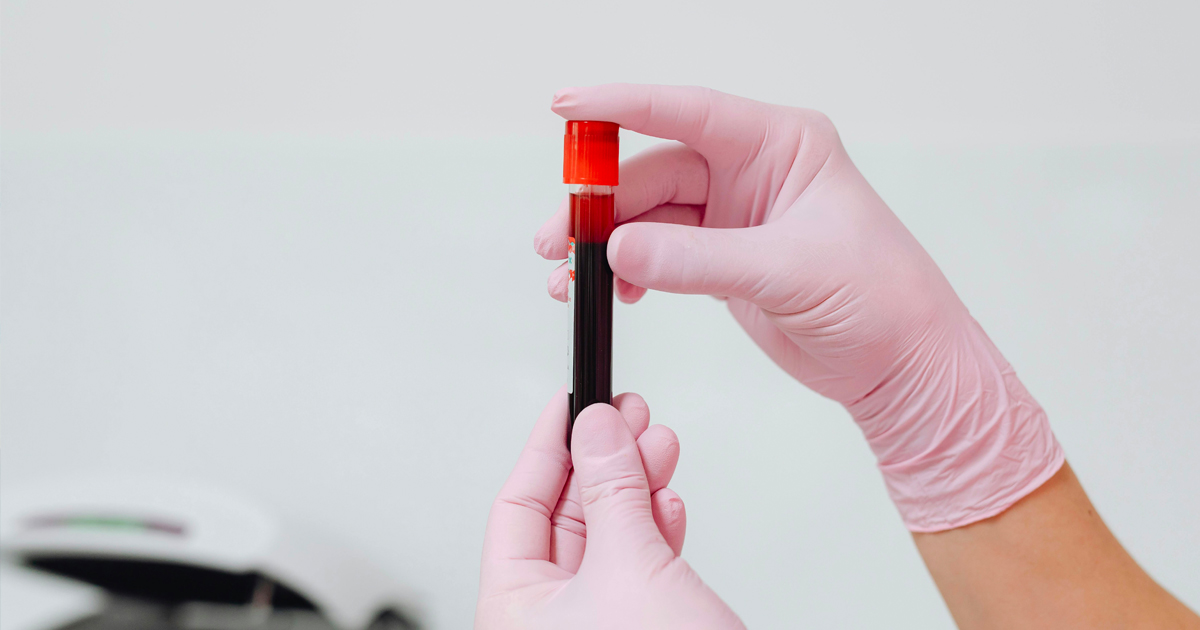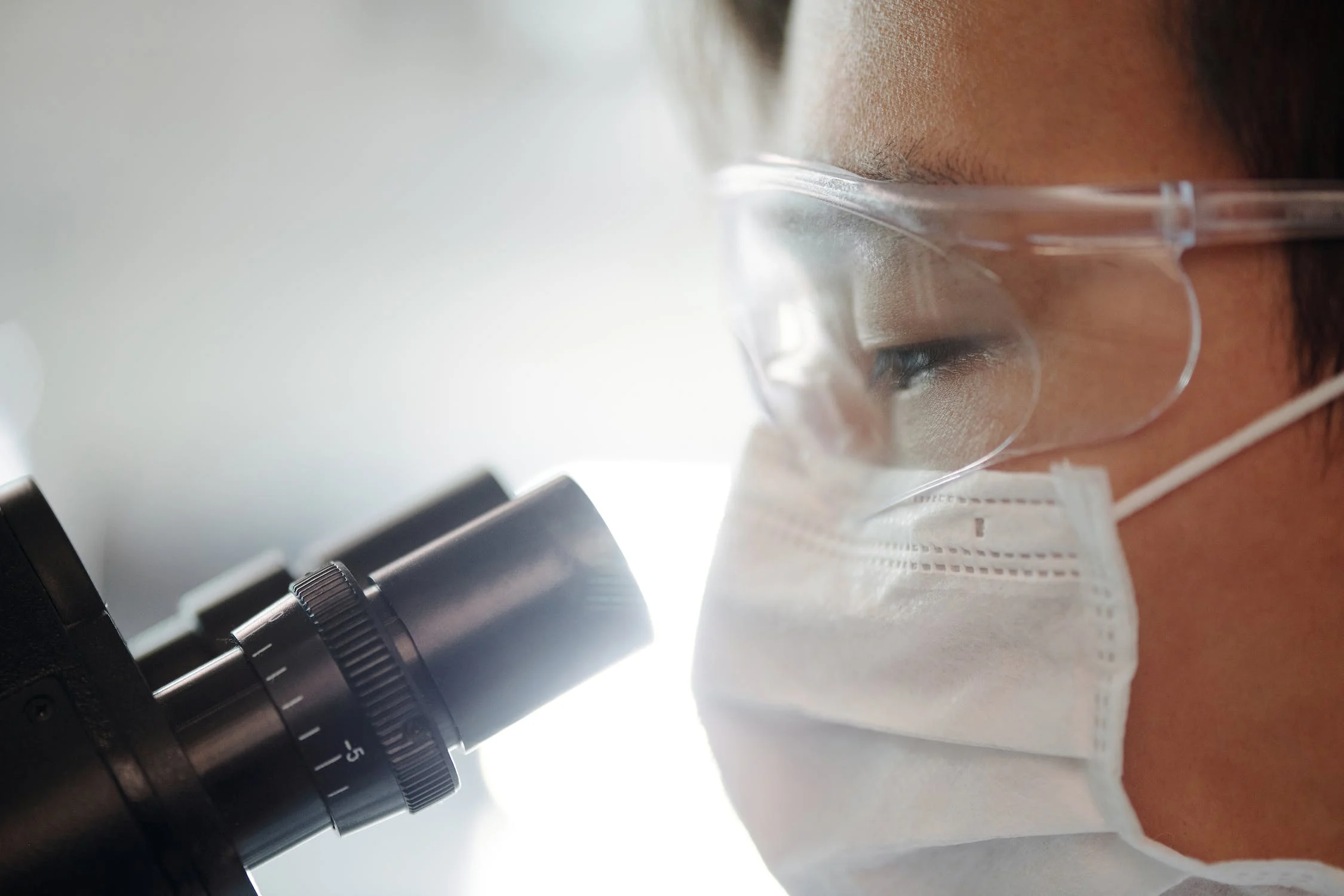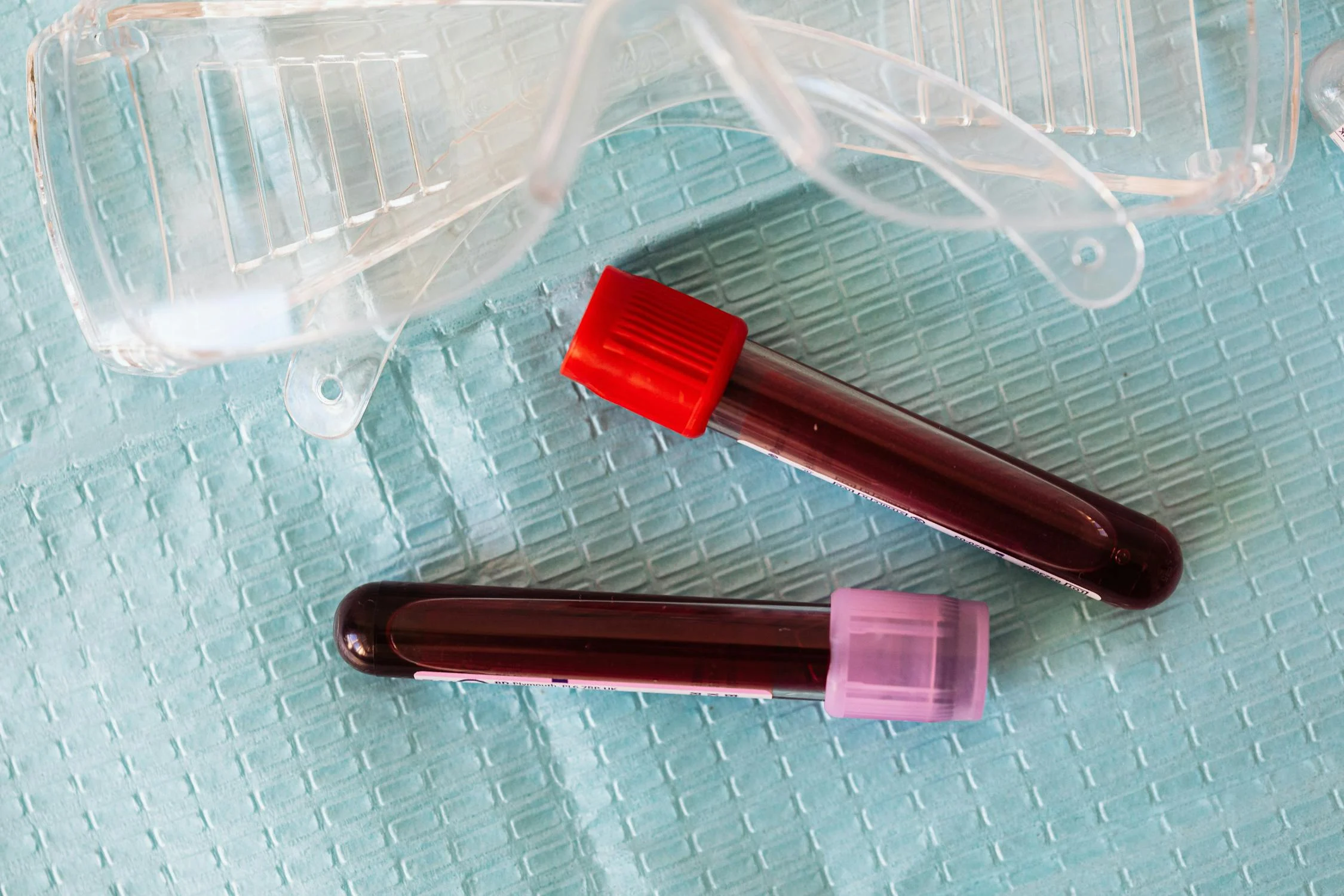Blood tests are important medical tools that help doctors check a person's overall health. These tests look at different parts of the blood and give doctors valuable information about a person's health. They can help detect diseases, see how well organs are working, and tell if treatments are working. Here's why you should be getting regular blood tests, especially if you're older.
Your blood holds all the secrets
Blood tests are like a health checkup for your body. They measure different things like how many red and white blood cells (i.e., erythrocytes and leukocytes, respectively) you have, how much sugar is in your blood, and how well your liver and kidneys are working. These tests can help doctors figure out if you're healthy or if there are any problems going on inside your body that could lead to life-threatening diseases like diabetes, heart disease, or cancer.
Blood tests are great because they can find diseases before they cause any serious symptoms. For example, high levels of certain proteins or enzymes in the blood can indicate inflammation, infection, or problems with organs. This allows doctors to check for these conditions early on and provide treatment before things get worse. Early detection and treatment usually lead to better outcomes and a better chance of recovery.
Stay informed of your health status
Blood tests are really important for keeping track of conditions like diabetes, high blood pressure, and autoimmune disorders. By checking things like blood sugar, hemoglobin A1c, and inflammation levels over time, doctors can see how well their treatment plans are working, and if they need to make any important changes. Regular check-ups help doctors catch changes early and come up with strategies to manage them proactively.
Blood tests are important for checking how well medical treatments are working. They can help doctors see if treatments like chemotherapy for cancer, medication for high blood pressure, or changes to a person's diet and exercise routine for cholesterol management are effective. Based on the results of these tests, doctors can make changes to the treatment plan to make sure the patient is getting the best possible care and to improve their overall health.
Personalized blood testing
New medical technology, like genetic testing and analyzing tiny things in blood, has helped create a new way of treating sick people called "personalized medicine." These tests give doctors valuable information to customize treatments for each patient based on their unique needs. By looking at tiny changes in a patient's genes or other things in their blood, doctors can choose the best treatment and reduce the risk of bad side effects.










